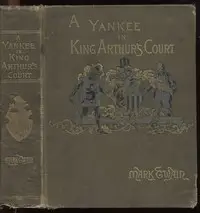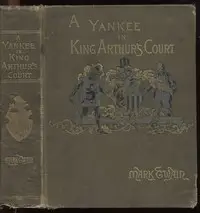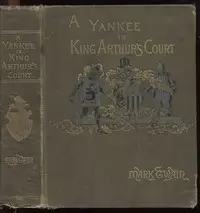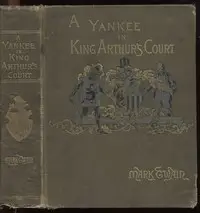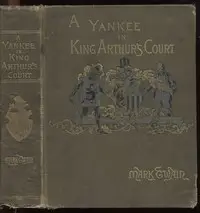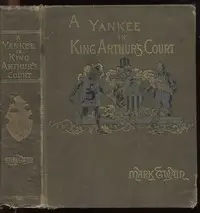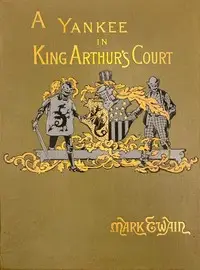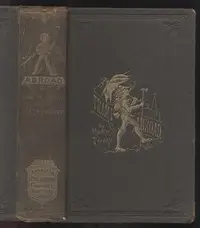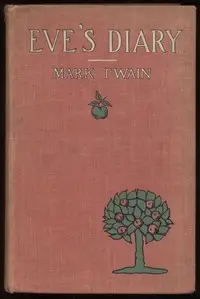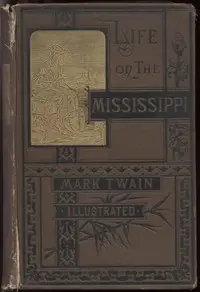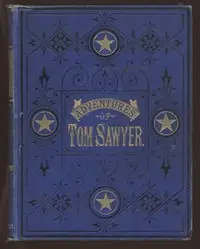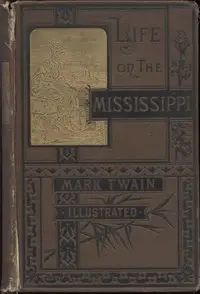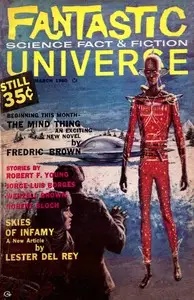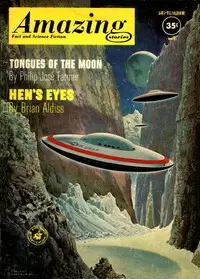"A Connecticut Yankee in King Arthur's Court, Part 7" by Mark Twain is a witty story from the 1800s where a man named Hank Morgan travels back in time to King Arthur's England, creating hilarious chaos as he tries to mix modern technology with the old ways of knights and castles. With humor, the author pokes fun at the idea of chivalry and raises questions about who has power and why. In this part of the story, we see what happens when the king and Hank become slaves, showing how silly social ranks can be. The king's difficulty accepting being seen as property and Hank's smart thinking reveal the ridiculous rules of society back then. By crafting scenes full of jokes, struggles, and the desire to be free, Twain cleverly shows how complicated people are and how foolish social customs can be.
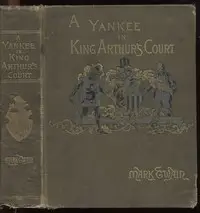
A Connecticut Yankee in King Arthur's Court, Part 7.
By Mark Twain
A time-traveler and a king hilariously navigate the absurdities of slavery, revealing the sharp contrast between medieval fantasies and harsh realities.
Summary
About the AuthorSamuel Langhorne Clemens, known by the pen name Mark Twain, was an American writer, humorist, and essayist. He was praised as the "greatest humorist the United States has produced," with William Faulkner calling him "the father of American literature." Twain's novels include The Adventures of Tom Sawyer (1876) and its sequel, Adventures of Huckleberry Finn (1884), with the latter often called the "Great American Novel." He also wrote A Connecticut Yankee in King Arthur's Court (1889) and Pudd'nhead Wilson (1894) and cowrote The Gilded Age: A Tale of Today (1873) with Charles Dudley Warner.
Samuel Langhorne Clemens, known by the pen name Mark Twain, was an American writer, humorist, and essayist. He was praised as the "greatest humorist the United States has produced," with William Faulkner calling him "the father of American literature." Twain's novels include The Adventures of Tom Sawyer (1876) and its sequel, Adventures of Huckleberry Finn (1884), with the latter often called the "Great American Novel." He also wrote A Connecticut Yankee in King Arthur's Court (1889) and Pudd'nhead Wilson (1894) and cowrote The Gilded Age: A Tale of Today (1873) with Charles Dudley Warner.

